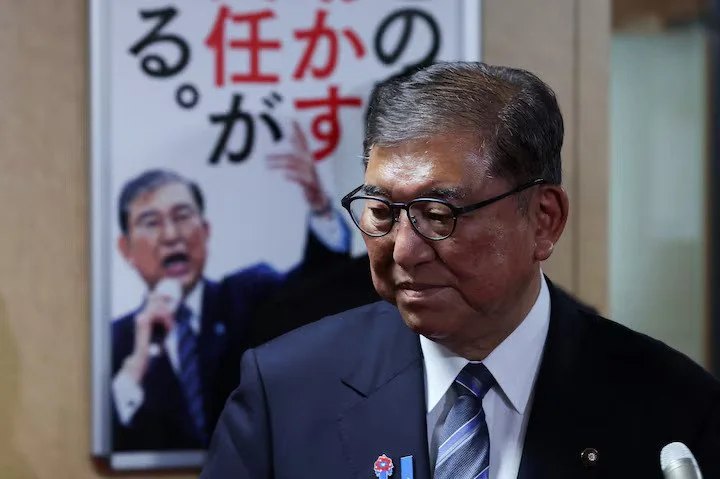Japan
Written by: Ameen Javed
Summary:
Japan, often seen as a model of political stability, has entered a period of uncertainty. Less than a year after taking office, Prime Minister Shigeru Ishiba announced his resignation following significant election setbacks that weakened his government’s mandate.
Ishiba, 68, a veteran centrist politician and leader of the Liberal Democratic Party (LDP), became prime minister in October 2024. He succeeded Fumio Kishida, taking the helm during a time of public frustration over rising living costs, government scandals, and questions about Japan’s economic direction.
Over the summer of 2025, Ishiba’s party suffered heavy losses in national elections. The LDP lost its majority in the House of Councillors, Japan’s upper house, and faced difficulties in the lower house as well. The election results reflected growing voter dissatisfaction and concerns over rising inflation and stagnating wages. Facing mounting pressure from party members, Ishiba announced on September 7, 2025, that he would resign, describing the move as “the appropriate moment … to step aside and pass the baton to the next generation” (Reuters, Sept. 8, 2025). He will remain in office until a new party leader and prime minister are selected, with the LDP’s leadership election scheduled for early October.
Analysis:
The political fallout is significant. The LDP’s electoral losses not only undermined Ishiba’s authority but also highlighted deeper divisions within the party. Conservative factions criticized his leadership, arguing he had failed to reconnect with voters and adequately represent their priorities (Al Jazeera, Sept. 7, 2025). Analysts note that Japan’s political system, with its reliance on party consensus and internal factions, makes such leadership shifts particularly consequential.
Economically, Ishiba’s tenure was challenged by rising costs of staples, slowing growth, and trade negotiations, including with the United States. The combination of domestic economic stress and electoral setbacks created a perfect storm, weakening public confidence in his government. (Reuters, Sept. 8, 2025)
Analysis 2:
Internationally, the resignation adds uncertainty for Japan’s partners. Ongoing trade talks, regional security concerns involving China and North Korea, and preparations for upcoming multilateral meetings now face a transition period in leadership. Stability during this time is critical for investor confidence and Japan’s diplomatic standing.
Shigeru Ishiba’s resignation marks a turning point for Japan. As the LDP prepares for its leadership election, the party faces the challenge of selecting a successor capable of restoring political cohesion, regaining voter trust, and navigating economic and international pressures. How the transition unfolds will likely influence Japan’s domestic and foreign policy direction in the coming months.


